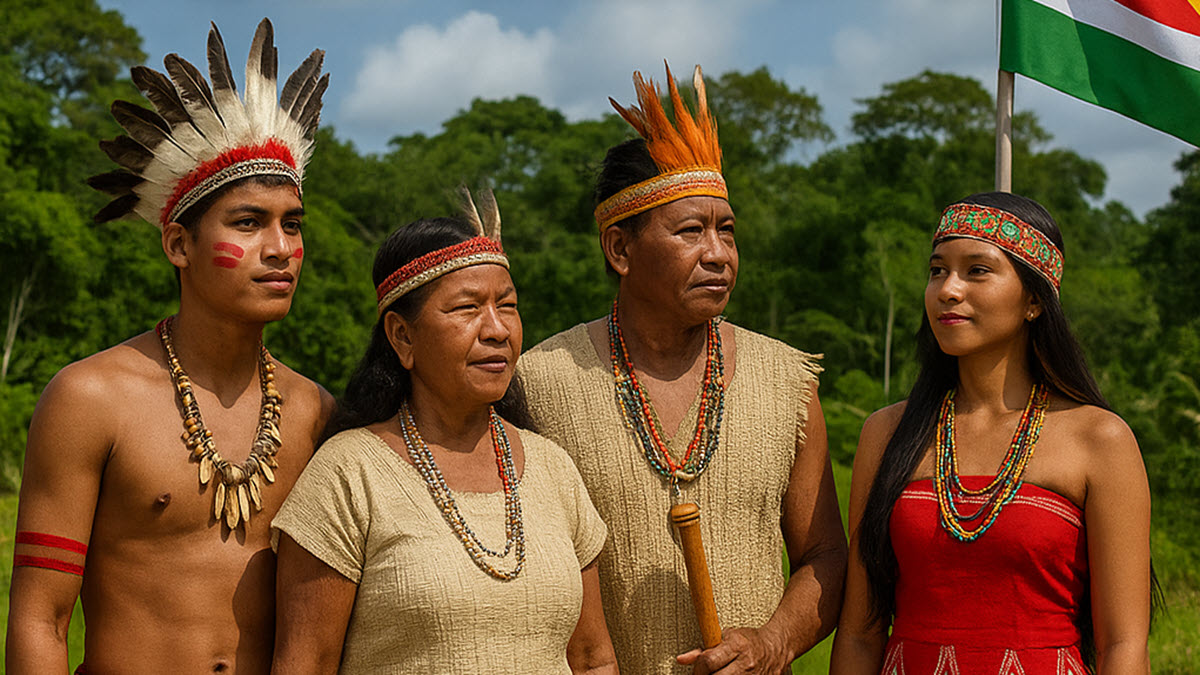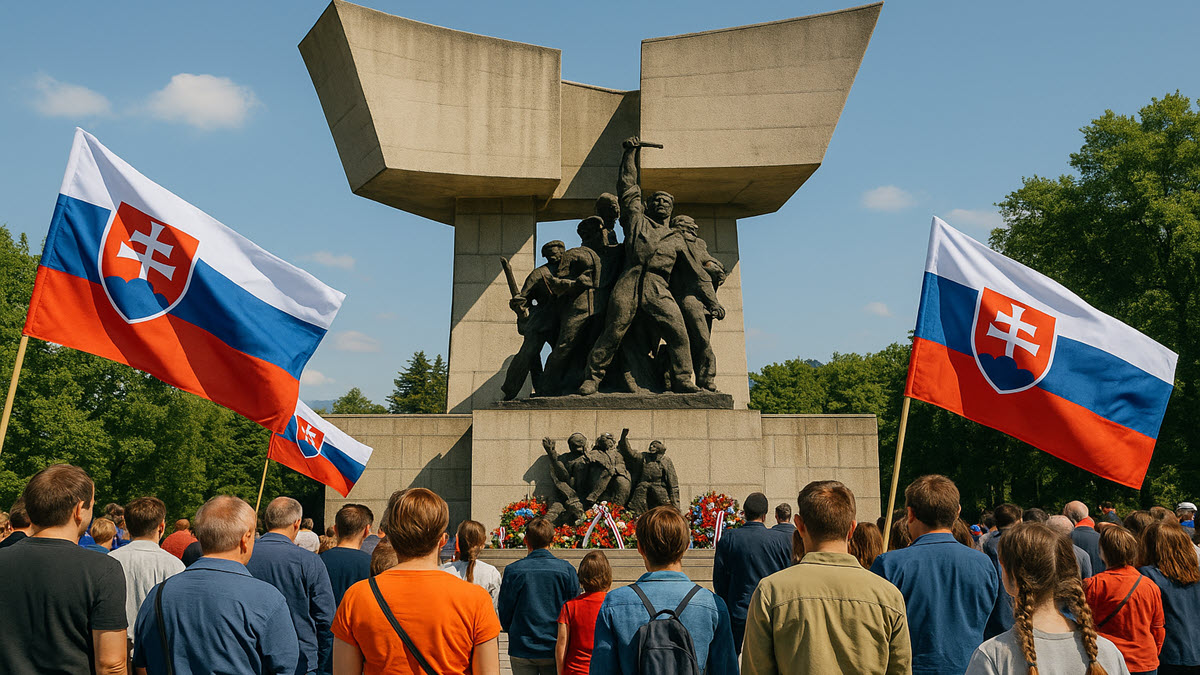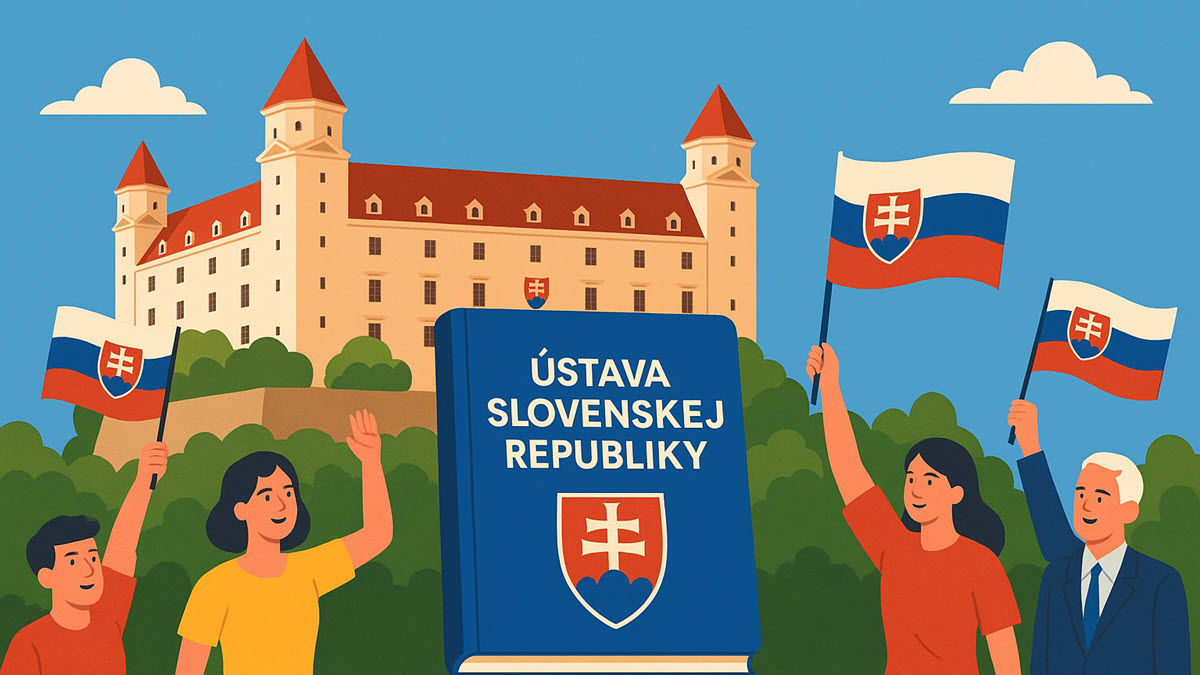
Indigenous Peoples Day Suriname
Indigenous Peoples Day in Suriname, known as Keti Koti, is to mark the abolition of slavery in 1863 (with full freedom realized in 1873). Celebrated with ceremonies, parades, music, and traditional dress, it is a national day of remembrance and cultural pride, symbolizing the breaking of chains and the enduring spirit of freedom.

National Women's Day
National Women’s Day commemorates the 1956 Women’s March to the Union Buildings in Pretoria, when more than 20,000 women of all races protested against the apartheid government’s pass laws. These laws required Black South Africans to carry pass books (internal passports), restricting their movement and reinforcing racial segregation.

National Uprising Day (Slovakia)
National Uprising Day marks the 1944 Slovak National Uprising against Nazi occupation and the fascist Slovak regime. Though suppressed, it remains a key symbol of Slovakia’s fight for freedom and is honored today as one of the country’s most important national holidays.

Constitution Day (Slovakia)
Constitution Day in Slovakia commemorates the adoption of the Slovak Constitution in 1992, a pivotal step toward independence from Czechoslovakia. It remains a key national holiday, symbolizing sovereignty, democracy and the rights of Slovak citizens.

May Day in Northern Territory
May Day in Northern Territory, Australia is a public holiday that honours the achievements of workers and the labour movement, particularly the establishment of the eight-hour workday. May Day, also Labour Day, is observed on different dates across Australian states and territories.

Tishreen Liberation Day
Tishreen Liberation Day commemorates the start of the October War in 1973, also known internationally as the Yom Kippur War or the Ramadan War, when Syria and Egypt launched a coordinated military offensive against Israel to reclaim territories lost in the 1967 Six-Day War.